|
Several months into the coronavirus pandemic, we now know many countries were late in imposing social distancing measures. Some countries' leaders are also anxious to end those measures so their economies can hopefully rebound. Jair Bolsonaro of Brazil is a case in point. The controversial president has been criticised for initially playing down the impact of COVID-19 and, over the last few weeks, he has been promoting the idea of ending isolation – even as Brazilian health officials have been saying just the opposite. Catarina Segatto and Bruno Dupeyron analyse how the pandemic has turned up the heat Brazil's volatile political situation.
Oil prices this week hit unprecedented lows – a clear indication of the impact of the coronavirus pandemic on economies across the world. Demand for oil has plummeted as transport systems have ground to a halt in the wake of border closures, stay-at-home orders and the grounding of flights. Christina Nikitopoulos and Warren Hogan explain the oil price crash.
|
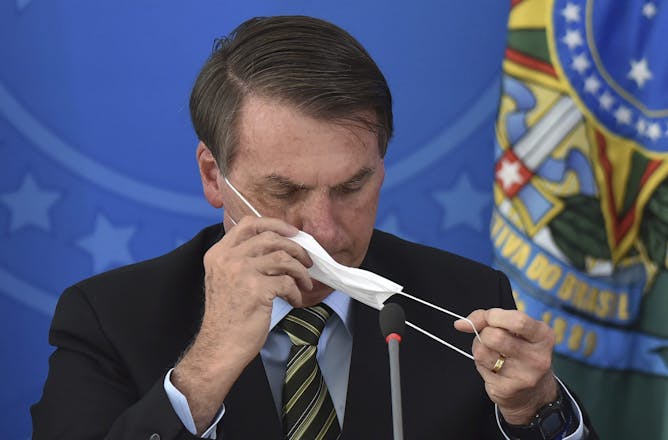
Brazil’s President Jair Bolsonaro puts on a mask during a March news conference about the coronavirus pandemic.
(AP Photo/Andre Borges)
Bruno Dupeyron, University of Regina; Catarina Segatto, Universidade Federal do ABC
Brazilian President Jair Bolsonaro has been called the South American version of Donald Trump. His behaviour during the coronavirus pandemic shows why.
|
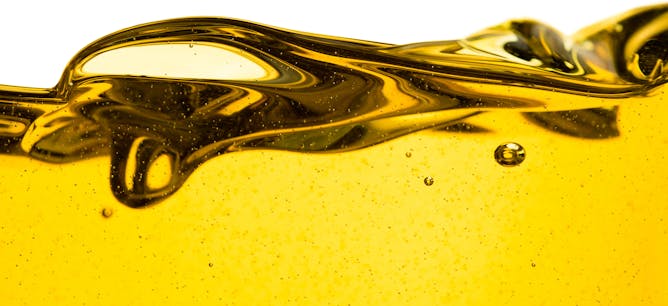
Shutterstock
Christina Nikitopoulos, University of Technology Sydney; Warren Hogan, University of Technology Sydney
So low has the demand for oil sunk that the US is running out of places to store it.
|
COVID-19
|
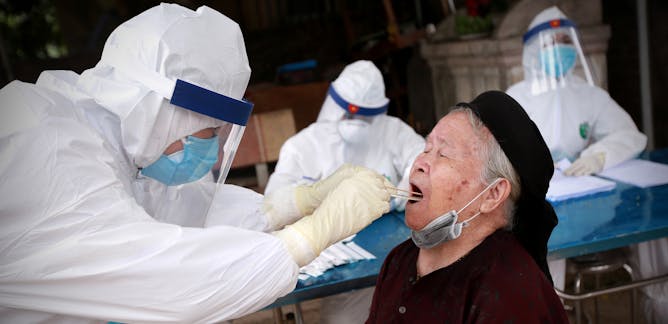
Robyn Klingler-Vidra, King's College London; Ba-Linh Tran, University of Bath
Intensive screening, testing, quarantine and public communication have helped keep numbers of COVID-19 cases in Vietnam very low.
| |
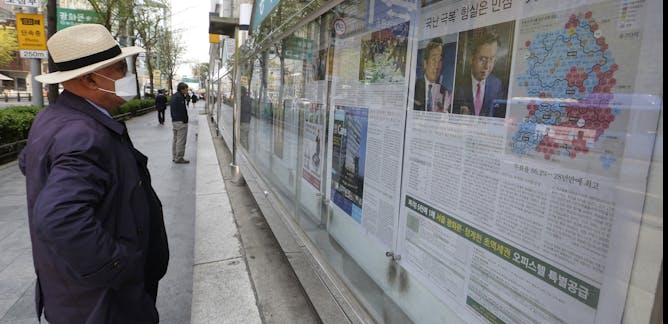
Michael Ahn, University of Massachusetts Boston
In addition to testing and special facilities for COVID-19 patients, the country's government-run tracking system allows the health care system to identify infected people and their contacts.
|
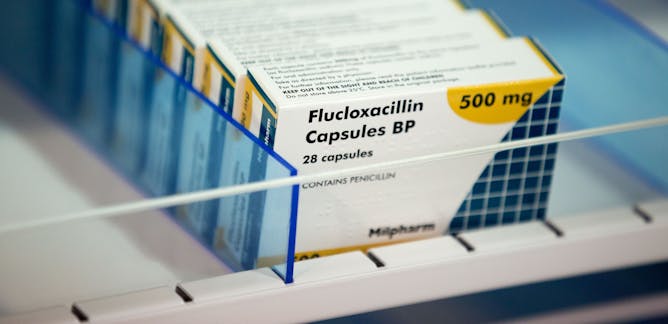
Ronan McCarthy, Brunel University London
Half of all patients who died of COVID-19 in Wuhan had a secondary infection.
| |
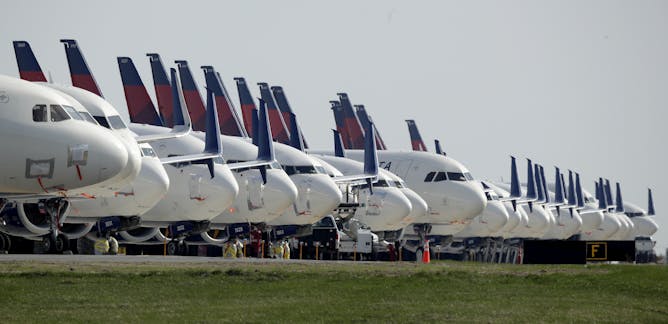
Faizan Ali, University of South Florida; Cihan Cobanoglu, University of South Florida
A study of 2,000 travelers shows that nearly two-thirds will reduce their travel in the next year.
|
|
|
Science and Technology
|
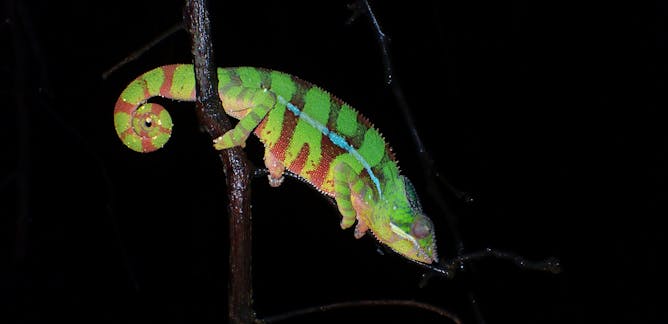
Mark D. Scherz, Technical University Braunschweig
All chameleons are able to change colour at least a little bit, but some species can do it much more than others.
| |
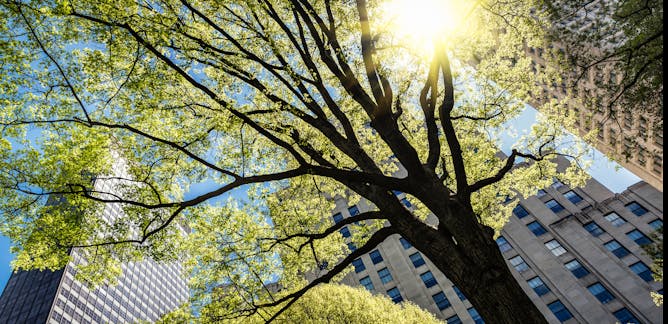
Alan Simson, Leeds Beckett University
We must re-establish contact between our cities and the natural world.
|
|
|
En Français
|
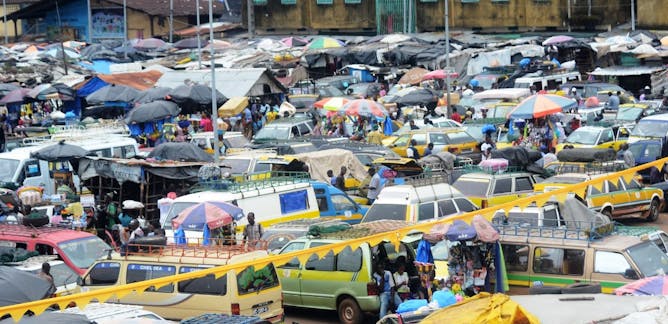
Saikou Oumar Sagnane, Université Général Lansana Conté de Sofonia-Conakry
L’expérience d’Ebola rend la Guinée mieux outillée face au Covid-19, mais les mesures de distanciation sociale risquent de se révéler impraticables.
| |
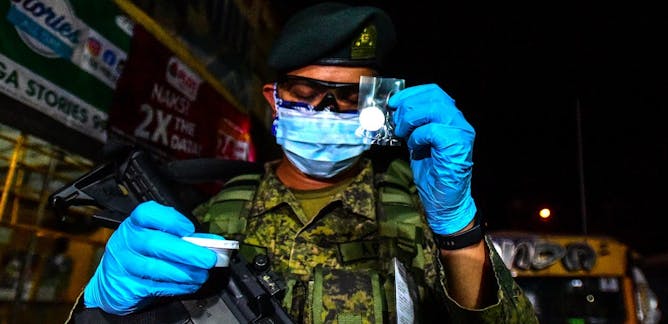
Lesley-Ann Daniels, Institut Barcelona Estudis Internacionals
Un choc externe tel que la pandémie de Covid-19 ne fait que mettre les conflits sur pause et offre peu d'espoir de solutions durables.
|
|
|